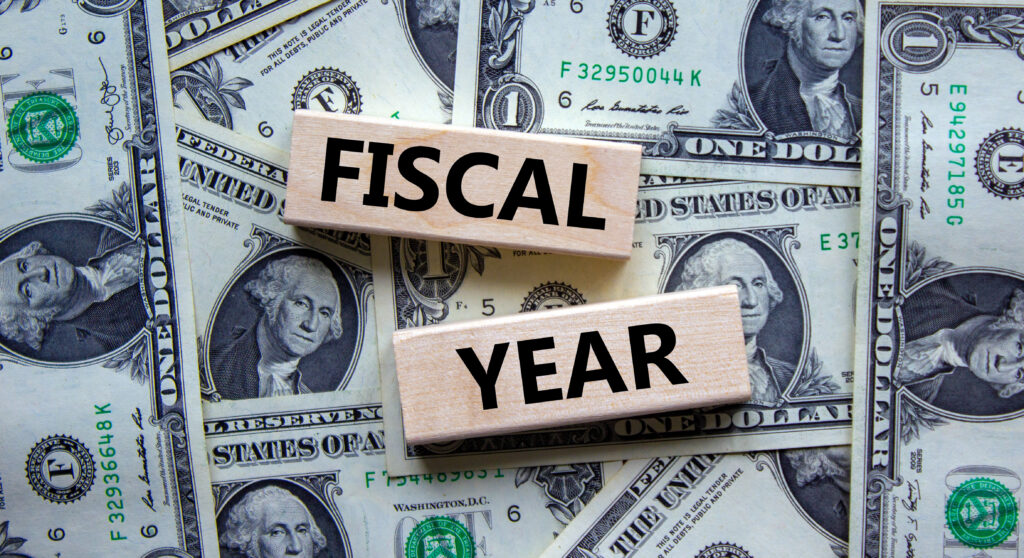First Half of Current Fiscal Year a Record-Breaker for U.S. Treasury

It’s been another record year for the federal government so far, which is in the midst of its current fiscal year. At the end of March, when the government reached its halfway point of the 2016 fiscal year, it had already collected $1.48 trillion. One might think that this massive haul would help ease the nation’s federal deficit. However, despite the record intake, the federal government still finds itself in the hole to the tune of $461 billion.
According to the U.S. treasury Department, the amount of taxes it has collected from October 2015 through March of this year has been greater than any other previous fiscal year on record. That even takes adjustment for inflation into consideration.
The Treasury Department counts revenues from several sources, including individual income taxes, unemployment insurance taxes, social insurance and retirement taxes, estate and gift taxes, corporate income taxes, excise taxes and a few other items. Of the $1.48 trillion collected so far this fiscal year, the majority comes from individual income taxes, which accounts for nearly half of the total, at $675 billion.
By way of comparison, last year, the federal government collected a total of $3.24 trillion in taxes for the entire 2015 fiscal year.
How to Report 1099 Income
How to Report 1099 Income With the increase in bloggers, affiliate marketers, eBay sellers and other online business owners, the topic of reporting miscellaneous income and 1099 forms has been coming up a lot lately. While most people are aware they must report wages, salaries, interest, dividends, tips and commissions as income on their tax…
Got An Earn-Out?
Got An Earn-Out? In Mergers & Acquisitions, Earn-Outs Can Be Beneficial — But Also Come With Risk By Kathryn K. Meier, Esq. Hoge, Fenton, Jones & Appel, Inc. What is an earn-out? An earn-out is an arrangement that requires the buyer of a business to pay the seller additional consideration if the business performs as…
Businesses May Increase Employee Compensation in Lieu of Reimbursing for Work-Related Expenses
Businesses May Increase Employee Compensation in Lieu of Reimbursing for Work-Related Expenses By Kathryn K. Meier, Esq. Hoge, Fenton, Jones & Appel, Inc. The California Supreme Court recently tested the boundaries of Labor Code section 2802, ruling that employers may increase employee compensation by a fixed amount instead of reimbursing employees for work-related expenses. California…



